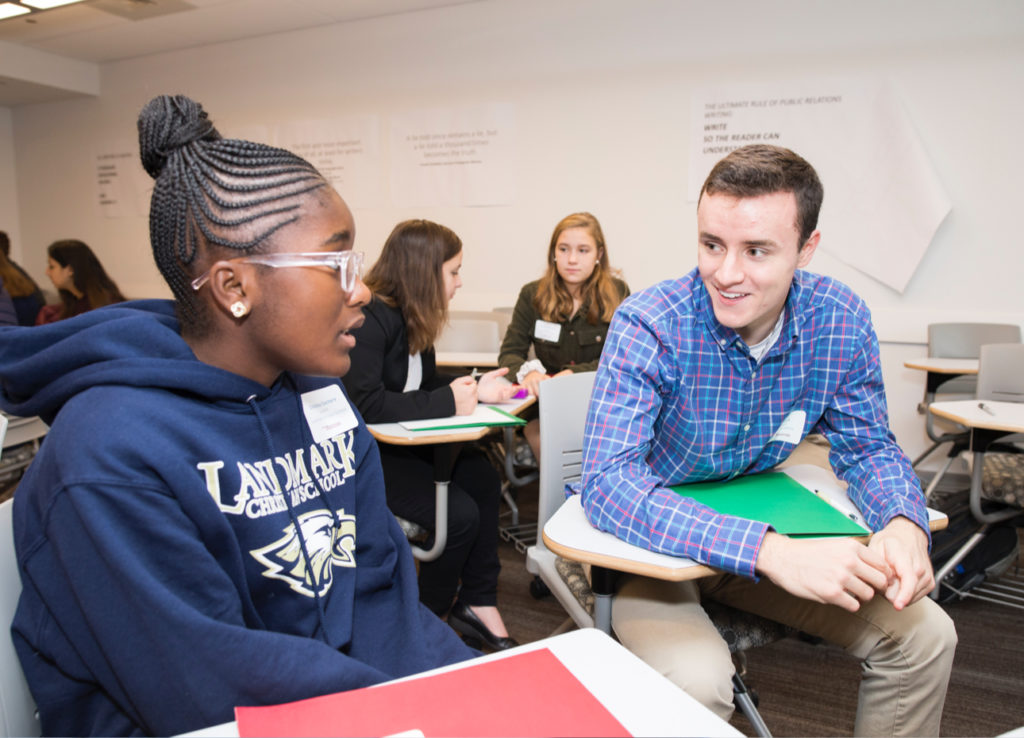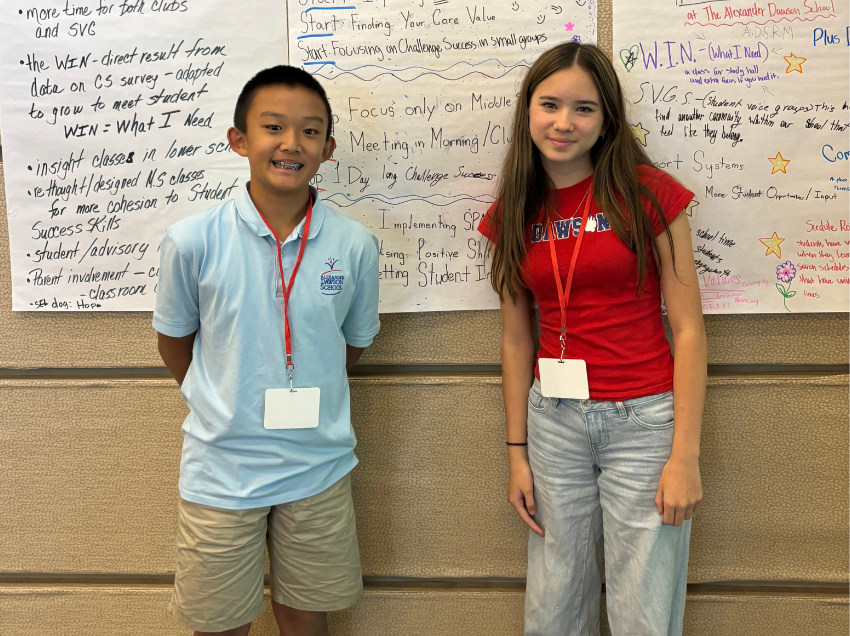

Our TEAM
A dedicated group of staff, board members, and advisors
Our team is guided by a shared commitment to student well-being, engagement, and belonging. From our expert staff to our volunteer Board, Advisory Council, and Student Advisory Council, we are fortunate to be supported by a diverse team former teachers, school leaders, researchers, parents, students, and other professionals who care deeply about this work. While the Challenge Success home base is at Stanford’s Graduate School of Education, we are a remote organization, allowing us to draw staff and volunteers from across the US.
Our Mission
Empowering schools to make student-centered changes backed by research
Challenge Success partners with school communities to elevate student voice and implement research-based, equity-centered strategies that improve student well-being, belonging, and engagement.
Our Vision
Expanding definitions of success
Our vision is that educational systems value each student for their unique identities, assets, and individual definitions of success and effectively prepare them for the variety of opportunities and challenges they will encounter in school and beyond.
Our Equity Commitment
Disrupting patterns of inequity that get in the way of well-being, engagement + belonging
Challenge Success continuously examines and revises our work and seeks to disrupt patterns of inequity to further well-being, belonging, and engagement for each student, especially those for whom identity, culture, or socioeconomic status has resulted in barriers to access and success. We believe:
- Change starts with self, including active self-reflection to notice our own implicit biases and recognize how our lived experiences influence our perspectives and decision-making.
- All students, families, and communities have assets to build on and sustain.
- Centering design on those most marginalized by the current system benefits all students.
- Approaches to change must be systemic, context-based, and targeted at policies and practices.
OUR HISTORY
Denise Pope’s research at the Stanford Graduate School of Education
In 2001, Denise Pope, Ph.D., published her first book, “Doing School,” which highlighted the alarming rates of disengagement among high school students. Out of that research, she launched the SOS Project (Stressed-Out Students) at Stanford. Several years later, there was a significant increase in anxiety, depression, and lack of engagement among high school and college students in the United States. Experts in child and adolescent well-being gathered to envision a coordinated approach to helping schools and families develop alternative models of success to align with the research on healthy child and adolescent development.
This early work at Stanford University eventually led to the creation of Challenge Success along with with Madeline Levine, Ph.D., and Jim Lobdell, M.A.,. In 2011, Challenge Success became a standalone 501(c)3, but still maintains an affiliation with Stanford’s Graduate School of Education. Denise Pope continues to serve as a Strategic Advisor for the organization, playing an active role in research, thought leadership, and philanthropy.